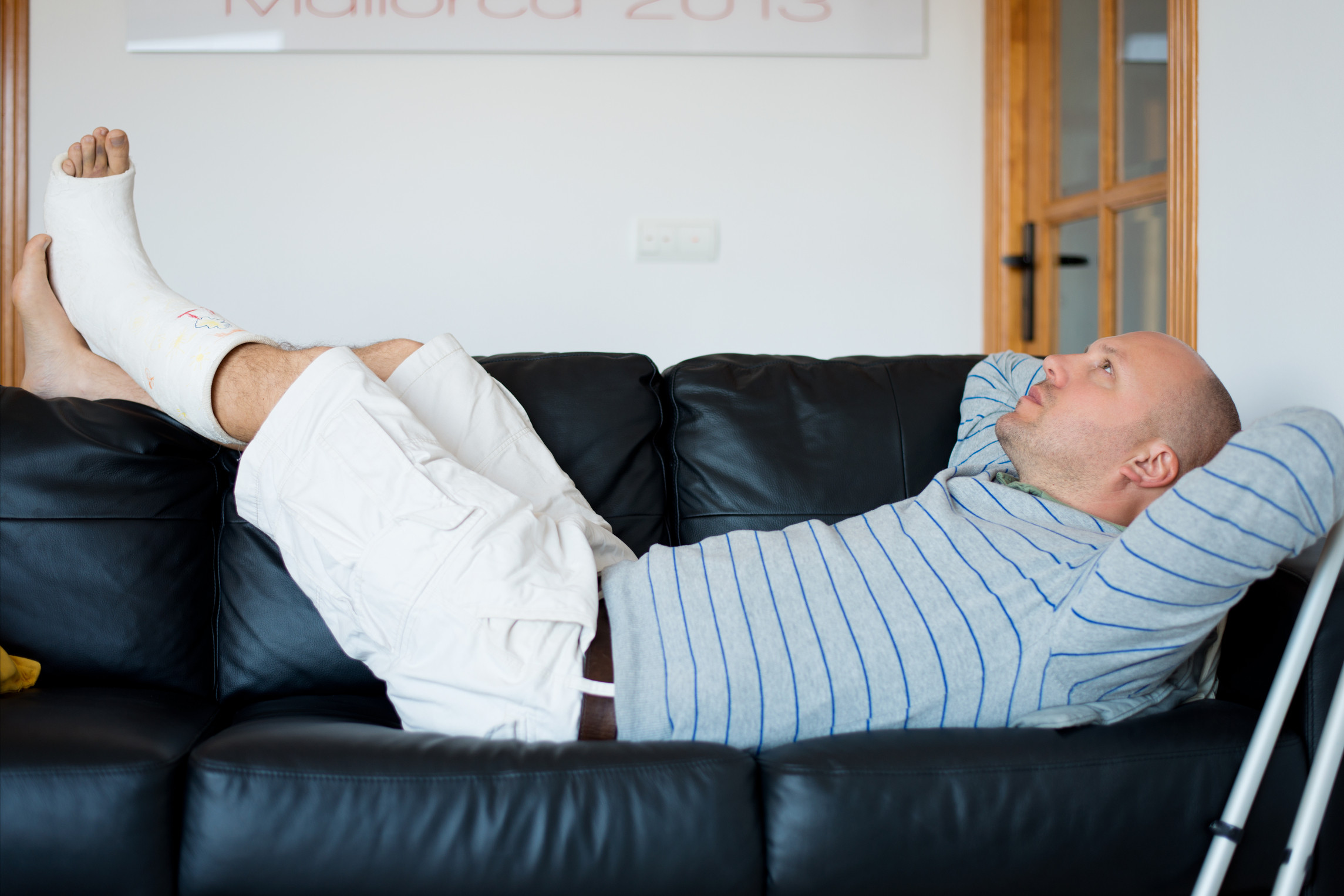It would be wonderful if your body returned to its peak condition immediately following an orthopaedic surgery. Unfortunately, once you make it out of the operating room, you still have an important road to travel on your way to recovery. Each step is important in ensuring that your health returns and that your body heals. To help your body recover as quickly as possible, it is helpful to follow these important tips.
The first 24 hours:
The first 24 hours are crucial in making sure that the work done in the surgery remains protected. If you overdo it or strain your body, you can undermine all the work done by the orthopaedic surgeon and leave yourself worse off than before. To protect your surgery make sure that you:
1. Rest: Resting your body will protect any incisions, replacements, or other work from opening, tearing, detaching or worse.
2. Don’t be alone: Always make sure that you have someone with you from the moment you leave the operating room. This person should drive you home after your release and stay with you for the first 24 hours to make sure that no problems develop.
3. Leave your work alone: The effects from anesthesia can make your brain fuzzy and foggy. It is recommended that you do no important work – including the signing of important papers – for a full 24 hours after finishing surgery in order to ensure that all the effects have worn off.
And beyond:
Once you’ve made it past the first, crucial 24 hours, you are ready to start on the road to recovery. To make it to your final destination make sure that you:
1. Go in for all your scheduled check-ups: Your doctor will set up a specific schedule of check-ups based on the type of surgery performed. These check-ups are to ensure that your body is healing properly and that no problems have developed. Missing your check-ups can put your surgery and your health at risk.
2. Attend all your therapy sessions: Most likely your surgeon will start you on a physical therapy routine soon after your surgery. Missing even one session can cause your muscles to regress and prolong your recovery time.
3. Do your exercises: Your physical therapist may recommend certain exercises to do at home. Each one is designed to help optimize your recovery time and encourage your body to regain its strength.
4. Don’t push it: As your body begins to recover, it is common for a patient to feel ready for more than he/she is. Listen to your doctor and your therapist as far as the recommended timeline before you start returning to certain activities. Pushing your body too far too fast can result in regression or worse, cause further injury.

